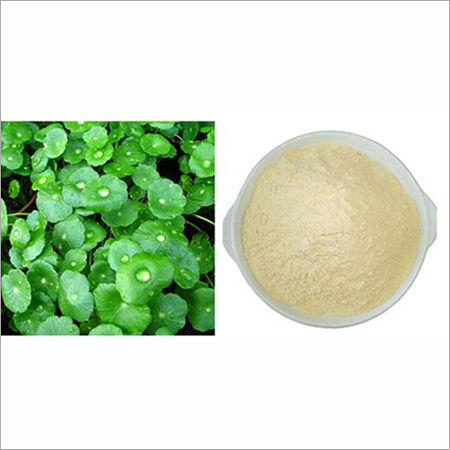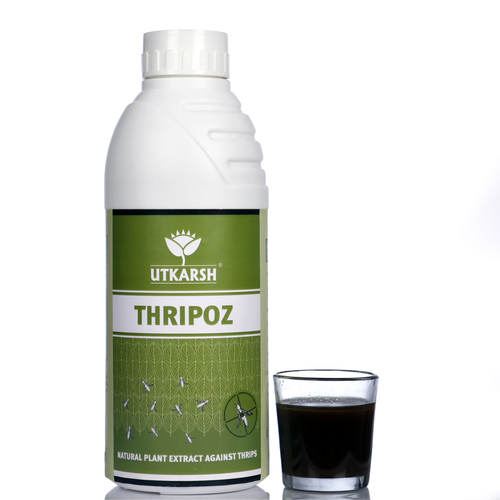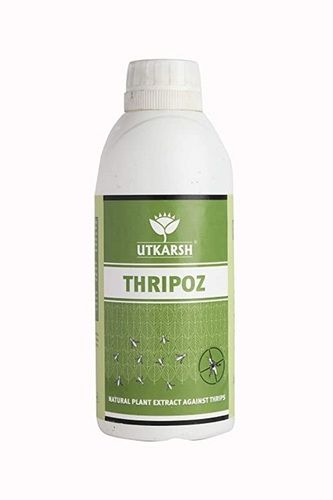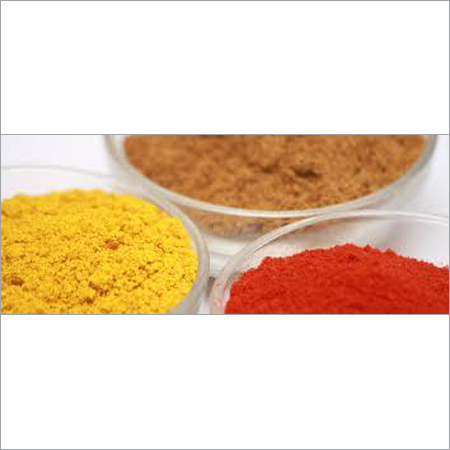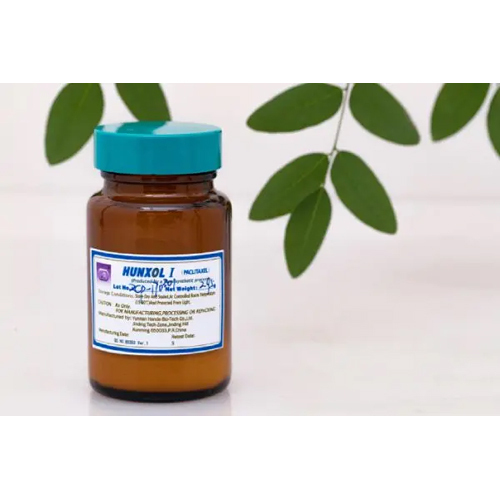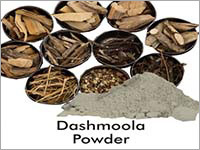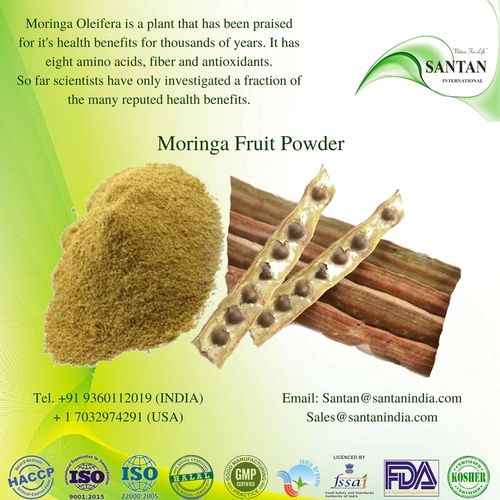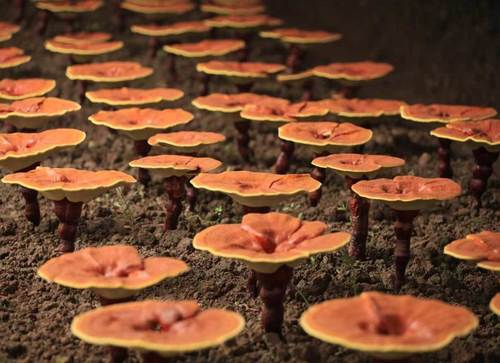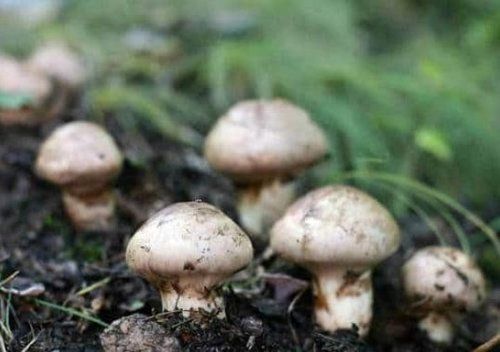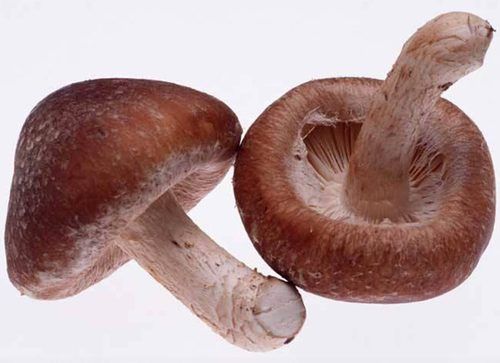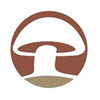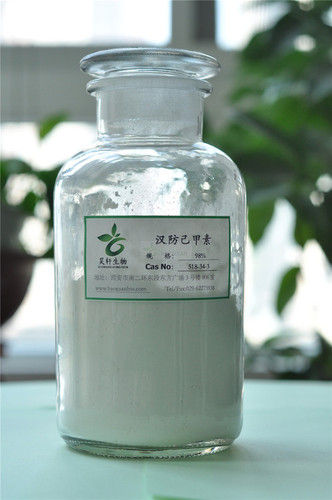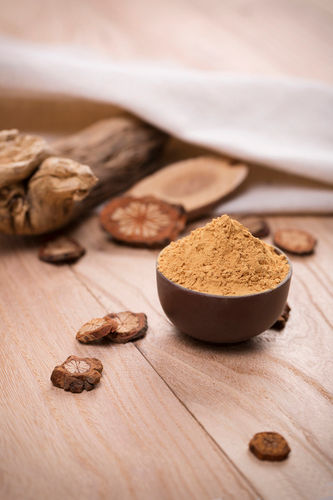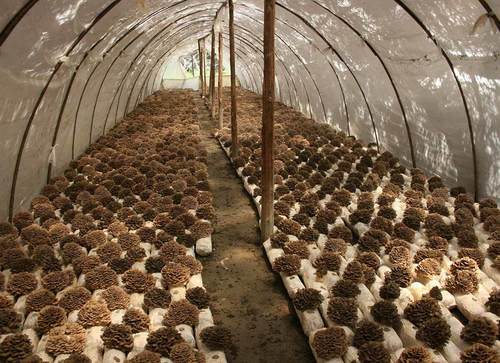
Maitake Mushroom Extract
Price:
Get Latest Price
In Stock
Product Specifications
| Product Type | Mushroom Extract |
| Dominant Color | Brown |
| Extraction Method | Unspecified |
| Polysaccharide Content | Variable |
| Purity | 99% |
| Packaging | Bottles |
| Storage | Cool, dry |
| Usage | Dietary supplement,immune support |
| Features | Immune support, High potency, Natural source |
| FOB Port | Ningbo or Shanghai |
| Payment Terms | Telegraphic Transfer (T/T) |
| Delivery Time | 10 Days |
| Packaging Details | 25kg/P.E bag/Drum |
| Main Export Market(s) | Australia, North America, Eastern Europe, Middle East, Central America, South America, Western Europe, Asia |
Product Overview
Key Features
Grifola frondosaA is a polypore mushroom that grows in clusters at the base of trees, particularly oaks. The mushroom is commonly known among English speakers asA hen of the woods, hen-of-the-woods, ram's head and sheep's head.A It is typically found in late summer to early autumn. In the United States' supplement market, as well as in Asian grocery stores, the mushroom is known by its Japanese nameA maitakeA . Throughout Italian American communities in the northeastern United States, it is commonly known as theA signorinaA mushroom. G. frondosa should not be confused with Laetiporus sulphureus, another edible bracket fungus that is commonly called chicken of the woods or "sulphur shelf". Like all polypores, the fungus becomes inedible when older, because it is then too tough to eat.
The fungus is native to China, the northeastern part of Japan and North America, and is prized in traditional Chinese and Japanese herbology as a medicinal mushroom. It is widely eaten in Japan, and its popularity in western cuisine is growing, although the mushroom has been reported to cause allergic reactions in rare cases.
Description
Like the sulphur shelf mushroom, G. frondosa is a perennial fungus that often grows in the same place for a number of years in succession. It occurs most prolifically in the northeastern regions of theUnited States, but has been found as far west as Idaho.
G. frondosa grows from an underground tuber-like structure known as a sclerotium, about the size of a potato. The fruiting body, occurring as large as 100 cm, is a cluster consisting of multiple grayish-brown caps which are often curled or spoon-shaped, with wavy margins and 2a 7 cm broad. The undersurface of each cap bears about one to three pores per millimeter, with the tubes rarely deeper than 3 mm. The milky-white stipe (stalk) has a branchy structure and becomes tough as the mushroom matures.
In Japan, the maitake can grow to more than 100 lb (45 kg), earning this giant mushroom the title "king of mushrooms". Maitake is one of the major culinary mushrooms used in Japan, the others beingshiitake, shimeji, and enoki. They are used in a wide variety of dishes, often being a key ingredient in nabemono or cooked in foil with butter.
Medical research and use
In 2009, a phase I/II human trial, conducted by Memorial Sloana Kettering Cancer Center, showed maitake could stimulate the immune systems of breast cancer patients.[non-primary source needed] Small experiments with human cancer patients have shown it can stimulate immune system cells, such as NK cells.[non-primary source needed] In vitro research has also shown G. frondosa can stimulate immune system cells. An in vivo experiment showed that it could stimulate both the innate immune system and adaptive immune system.
In vitro research has shown maitake can induce apoptosis in various cancer cell lines, and inhibit the growth of various types of cancer cells. Small studies with human cancer patients revealed that a portion of this mushroom, known as the mitake D-fraction, possesses anticancer activity.[Unreliable fringe source?] In vitro research demonstrated the mushroom has potential antimetastaticproperties.
Maitake has a hypoglycemic effect, and may be beneficial for the management of diabetes.It lowers blood sugar because the mushroom naturally contains an alpha glucosidase inhibitor.
This species contains antioxidants and may partially inhibit the enzyme cyclooxygenase. An extract of maitake inhibited angiogenesis via inhibition of the vascular endothelial growth factor.
Lys-N is a unique protease found in maitake. Lys-N is used for proteomics experiments because of its protein cleavage specificity.
Company Details
Business Type
Supplier
Employee Count
10
Establishment
2015
Working Days
Monday To Sunday
Related Products
Explore Related Categories
More Product From This seller
Seller Details
Hangzhou, Zhejiang
Mushroomsextracts
Address
491, Fengqing Ave., Xiaoshan District, Hangzhou, Zhejiang, China
natural plant extract in Hangzhou
Report incorrect details

